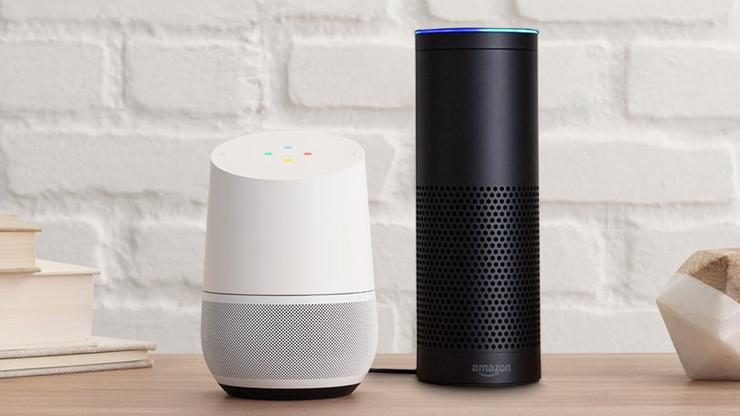A new study by 360i, which involved asking both Google Assistant and Amazon Alexa a set of 3,000 questions, showed that Google’s virtual assistant was six times smarter than Amazon’s voice assistant. GA was able to answer an impressive 72 percent of the questions posed, while Alexa only managed a modest 13 percent.
On the one hand, it’s unfair to pit GA against Alexa simply because their roots are different. While Google Assistant has years of research, experience and dedicated resources behind it, Alexa is a relatively new AI entity with little more than voice commands holding it up.
On the other hand, it’s more than fair to pit the one against the other because, at the end of the day, they’re both competing in the aggressive consumer electronics market for essentially the same potential users. That makes them equal in the consumer’s eyes, which is what matters in the end.
The question of which one is superior essentially boils down to which of their functions you’re talking about. GA is superior in terms of contextual knowledge because of Google’s Knowledge Graph, but Alexa’s reach is wide across specific functions, and deep into Amazon’s retail portfolio.
Both are great. If you want a conversation partner, then Google Assistant will probably be better; but if you’re looking for a large library of specific actions that can be performed with voice commands, Alexa comes out on top with its 10,000+ skills.
In the future, one of two scenarios could be played out.
On the one hand, things could even out over a period of time as Alexa evolves. After all, AI systems are typically based on the same mechanisms such as machine learning, natural language processing and so on. At some point in the future, AI systems will have to evolve to a globally set standard that hasn’t been defined yet. A sort of AI performance benchmark that consumer-centric and enterprise-centric AI products must adhere to.
On the other hand, we could see various AI systems occupy and start to dominate niche spaces. Alexa would possibly dominate the voice shopping space in smart homes, for example, while Google Assistant might evolve into a deep well of information accessible on multiple consumer devices.
There will, naturally, be a lot of overlapping skill sets between various voice-based AI systems. But that could be a good thing, where a particular voice assistant is highly skilled in one specific area but functionally sound in other areas.
The voice-controlled AI entity space is still in very early stages, so much of this is based on assumptions about the future. But the key drivers that will set the direction of evolution are consumer demand and progress in AI research.
As long as these two go hand in hand, we will continue to see new capabilities and, more importantly, a movement toward a global standard of sorts for performance, with respect to consumer applications. And we’ll be seeing that from Google Assistant, Amazon Alexa, Microsoft Cortana and possibly even Apple Siri and Samsung Bixby if we’re lucky.
Thanks for visiting! Would you do us a favor? If you think it’s worth a few seconds, please like our Facebook page and follow us on Twitter. It would mean a lot to us. Thank you.



